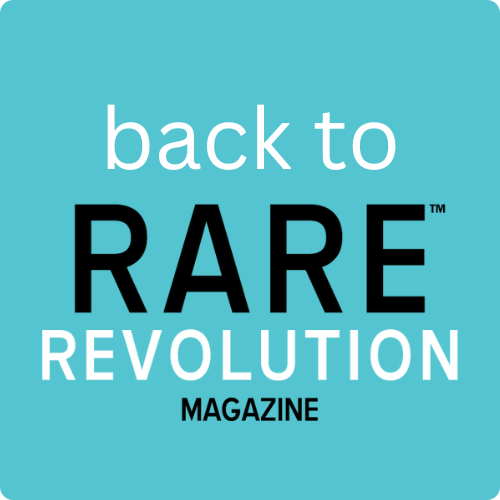ISPOR Europe 2025, Tuesday 11th November—view from a newbie
Estimated reading time: 5 minutes
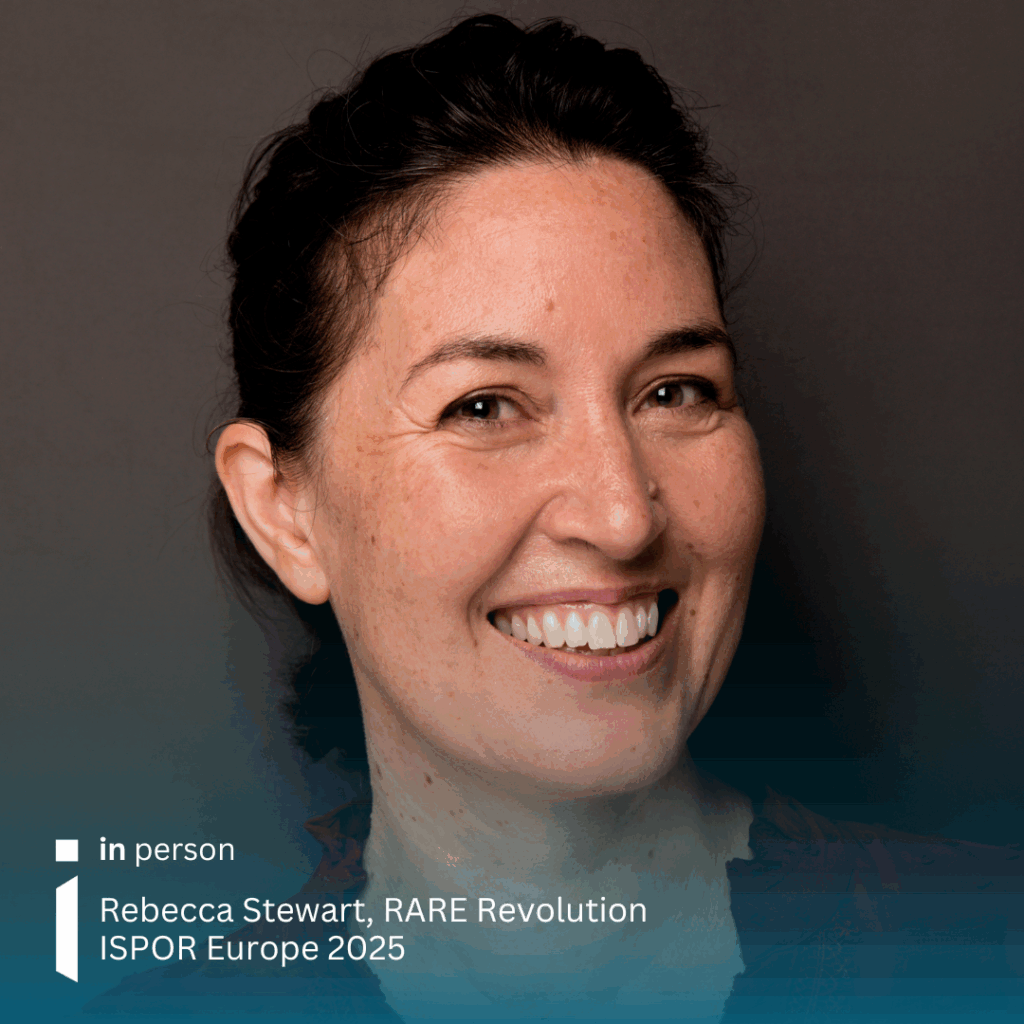
As a small business choosing which conferences we attend is always a challenge. So many options, so little time and budget! So when I saw that this year’s ISPOR Europe conference was being held at the SEC campus in Glasgow (at a three hour drive from my rural Scottish base, almost on my doorstep) it was a great opportunity to try out a conference I hadn’t previously been to
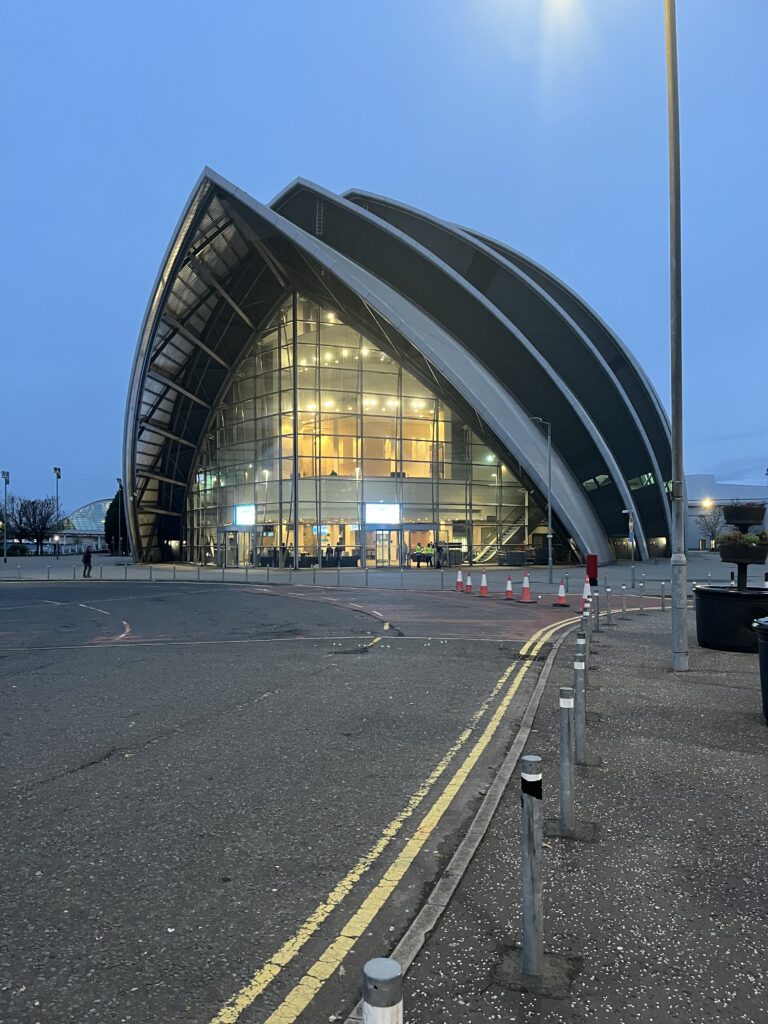
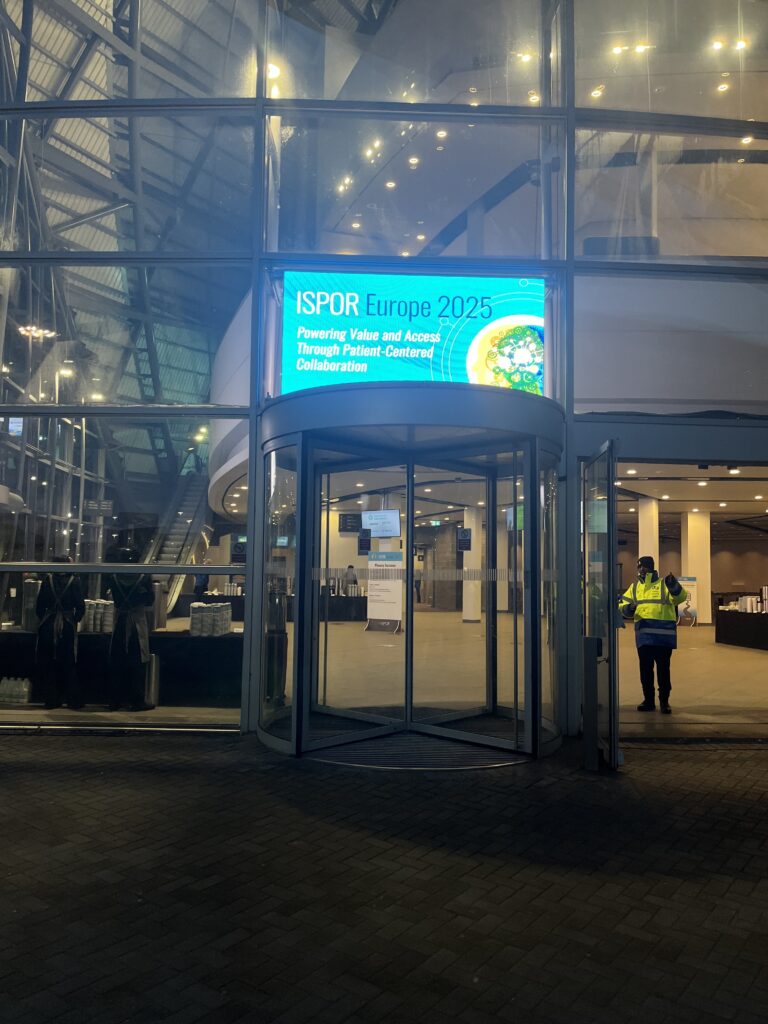
ISPOR Europe 2025, held at the SEC campus in Glasgow
Now in its 30th year,The International Society for Pharmacoeconomics and Outcomes Research(ISPOR), also known as The Professional Society for Health Economics and Outcomes Research, is a global membership organisation dedicated to advancing the science of health economics and outcomes research to improve decision-making in health policies and practices.
Their events bring together the good and the great as a catalyst for conversation, debate, best practice and innovation.
The 8.30am start on Tuesday did not deter the attendees and a packed auditorium listened to ISPOR president Professor Uwe Siebert open day three.
A terrific intro for this ISPOR virgin, Professor Siebert discussed the five priorities for the organisation; Scientific Rigor, Inclusiveness and sustainability, Education, Connections and Globalisation.
“Your passion is the heartbeat of our society” Professor Uwe Siebert.
Opening remarks were followed by Dr Natasha Azzopardi-Muscat, director of the division of health systems, WHO regional office for Europe. Dr Azzopardi-Muscat gave a rousing presentation on the unprecedented challenges that science and facts are facing at a time of rapidly spread misinformation, and of the responsibility for us all to become better at communicating science. Dr Azzapardi-Muscat talked of health security during climate change and of living and aging in good health, stating “its time to reimagine health systems of the future” and a “need for trust in science and public health”.
“[We need to] make sure science has meaning in the community.” Dr Natasha Azzapardi-Muscat.
Other stand out sessions for me where a highly informative panel discussion on Pragmatic Trials – Bridging Research and Real-World Care and the opportunity they bring for small populations. Outcome Assessments in Rare Disease: is JCA (Joint Clinical Assessments) Breaking the Silos or Perpetuating the Chaos? Where polarising views ensued.
A terrific session hosted by ISPORs Women in HEOR (health economics and research outcomes) forum on Effective Advocating for HEOR: Cross-Organisation Experiences, where I saw many shared challenges between those in HEOR and Patient Engagement functions.
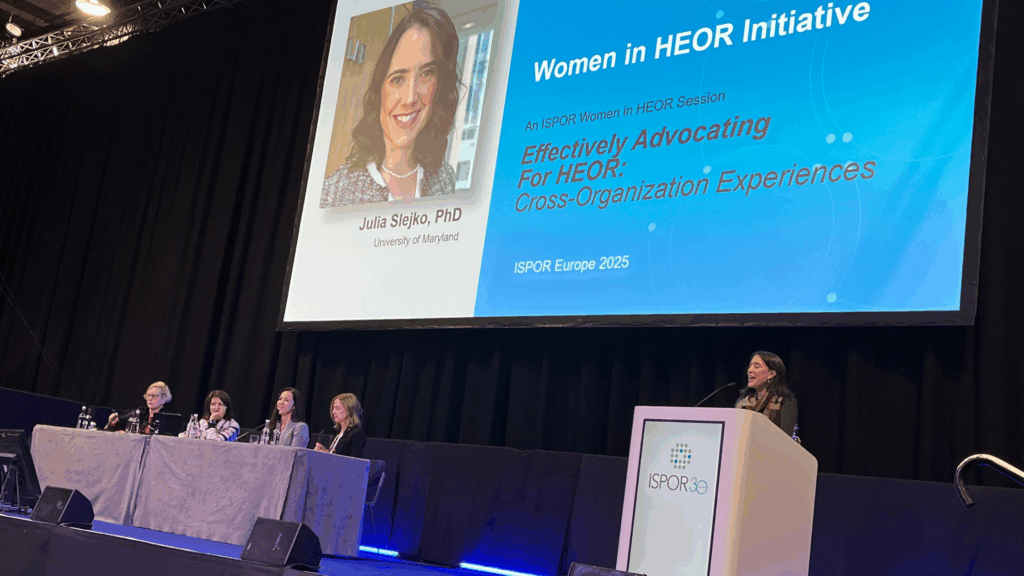
And finally, what I felt was the best session of the day – Beyond Good Intentions: Keeping Patient-Centricity Patient-Centric. Moderated by OPEN Health’s Elizabeth (Nicki) Bush featuring independent consultant Neil Bertelsen, Professor Kathleen Boyd of the University of Glasgow and Roby Carson vice president and head of patient-centred outcomes research and HEOR strategy aesthetics at AbbVie, where the panel discussed challenges such as mismatched expectations, lack of clarity around roles and what did expertise mean.
Not wanting to spoil getting these insights straight from the source we will be bringing you more on these topics over the coming months as we interview the passionate and purpose driven people at the heart of these conversations – a great reason to keep returning to RARE Revolution insider!
For those of you who read my update on this year’sWODC Europeevent know, I am always more interested in the conversations that happen off the stage, and in this regard I found myself in new territory. Whilst it was great to catch up with friendly faces at Costello Medical and Lionbridge, (thank you Issy Newell, Saoirse Leonard and Leah Devlin) it was much more difficult to engage both delegates and exhibitors in conversation than I have experienced at other conferences. There was no shortage of people, the place was packed, but I wonder if that was part of the barrier? Also, I am used to multi-stakeholder events where people living with rare disease, advocates, caregivers and industry and health care professionals come together – where the event provides an opportunity to learn from each other as well as from the presentations. With no real patient or advocacy representation at ISPOR it was a very different feel and experience for me and a bit out of my natural comfort zone.
What ISPOR Europe did provide was a terrific opportunity to learn more about an area of our ecosystem that I knew very little about and I am looking forward to the coming months as we talk to the real heroes of HEOR and share their insights with you.
Connect with Rebecca
in person keeps you up to date with RARE conference insights. To access more in person articles click below.

